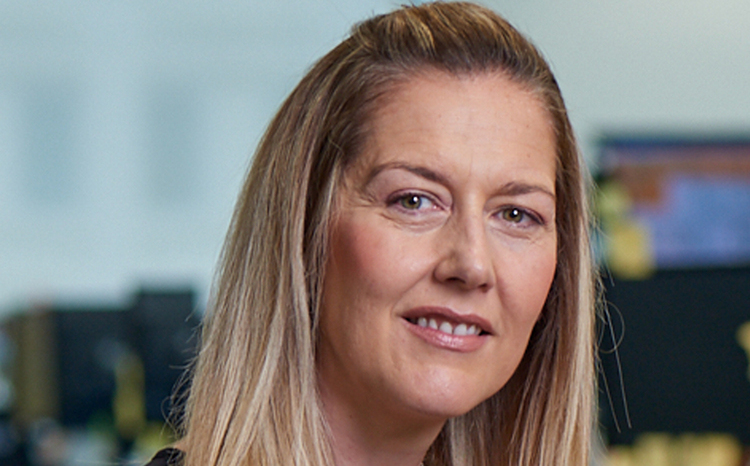The Royal Wolverhampton signs 5-year deal with Sensyne Health
- 26 January 2021

The Royal Wolverhampton NHS Trust has signed a five-year non-exclusive strategic research agreement with Sensyne Health.
The agreement will involve clinical AI research being applied to anonymised data to improve patient care and accelerate research into new medicines.
All of the data supplied to Sensyne will be anonymised by Royal Wolverhampton beforehand and the trust will receive around 1.3million ordinary shares in the company. This brings the total share ownership held by NHS trusts in Sensyne to 12.6%.
The trust will also receive investment of up to £250,000 per year from Sensyne across the 5-year term. The money will be used for specific investments in NHS information technology to enable the curation and analysis of data under the agreement.
Royal Wolverhampton will also receive a royalty on revenues that are generated by Sensyne from the research undertaken as part of the agreement. The financial return the trust receives from Sensyne will be reinvested back into the NHS to fund patient care.
Sultan Mahmud, chief innovation, integration and research officer at the trust, said: “In this collaboration we will focus on improving prevention, early diagnosis and treatment of illnesses for complex patients so that we can provide anticipatory care.
“Our clinical teams and informatics colleagues are looking forwarding to working with Sensyne.”
Royal Wolverhampton joins eight existing NHS trusts that have a strategic research agreement (SRA) with Sensyne, with the most recent being Milton Keynes University Hospital NHS Foundation Trust in November 2020.
Paul Drayson, chief executive of Sensyne Health, added: “The SRA continues Sensyne’s momentum in expanding its anonymised patient data set and deepening the diversity of the therapeutic areas within it.
“This in turn helps provide Sensyne with the critical mass of data to improve patient care and accelerate medical research”.






2 Comments
The market value of 5 years of data from a patient’s electronic patient record is roughly one thousand dollars. How many records have been sold? How much will the patients get? Did anyone consult them? Can they opt out?
https://www.digitalhealth.net/2019/06/joes-view-on-data-fever-in-the-mekong-delta/
Don’t patient’s get free healthcare at the point of need? Isn’t the release of anonymised data that brings in additional revenue to the NHS a sensible way to subsidise the provision of high quality healthcare? Once it’s anonymised it isn’t the patient’s data anymore, it is just data about a patient.
Comments are closed.